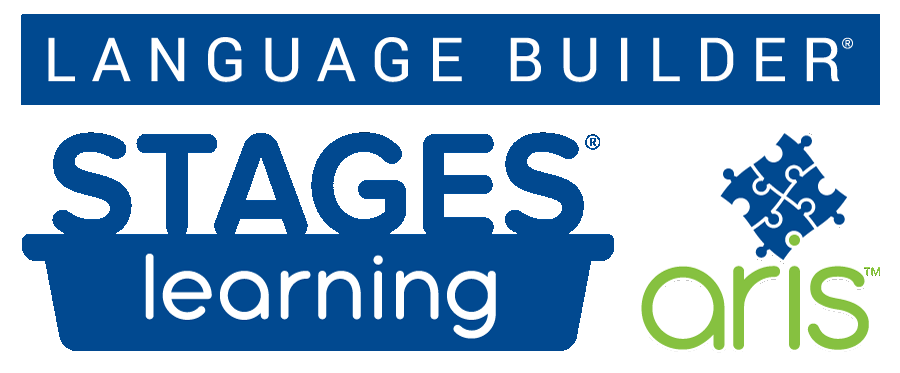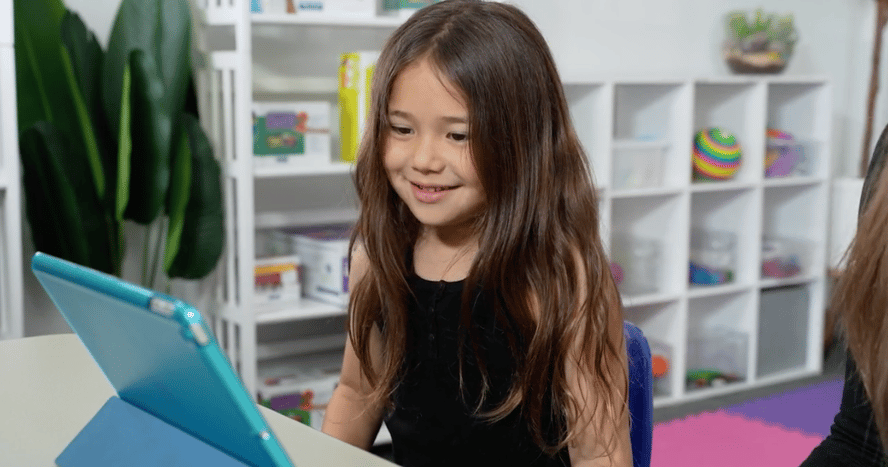
Reinforcement or bribery: Is there a difference?
Positive reinforcement is a powerful motivator. For autistic children, the purpose of using positive reinforcement in the classroom or at home is to shape better behavior and to help them learn new skills and maintain these skills over time.
When covering this topic of positive reinforcement in my workshops, people often ask me if it’s not the same as bribing someone, and shouldn’t children just learn to do what is asked of them without all of this talk about rewards and working for something preferred?
It’s important to remember that we all do things every day in anticipation of the benefits we will receive. We work on the weekends to earn extra pay. We go above and beyond to earn a bonus or an award. Teenagers babysit to earn money for a special activity or item they want to get. A student will finish a worksheet to get points they can use during a break to play a video game, and a child will clean their room because they know they will get a snack when they're done with their chores.
The Story of Jace: “It wasn’t even that hard to be good!”
To illustrate this point, in summer school one year, I assisted a student-teacher with a classroom full of first-graders. It was her first year teaching, and one of her and my most challenging experiences, as we had several students with ADHD and other diffabilities that impacted their behavior.
 One of these students was 7-year-old Jace who was labeled as “the kid no one knows what to do with anymore.” He was defiant, non-compliant, disruptive, and didn’t get any work done whatsoever. His name was on the whiteboard more often than not, he often missed recess and was regularly sent to the office or home. He hardly ever smiled.
One of these students was 7-year-old Jace who was labeled as “the kid no one knows what to do with anymore.” He was defiant, non-compliant, disruptive, and didn’t get any work done whatsoever. His name was on the whiteboard more often than not, he often missed recess and was regularly sent to the office or home. He hardly ever smiled.
During individual work time one day, I sat down next to Jace and asked if he needed any help. He said he did, and I helped him get started with his treemap and sorting a list of words with different endings. When he did two on his own and got them right, I gave him a sticker and commended him for doing great. He glanced at me with a shocked look on his face. I told him he could earn more stickers if he continued working, and might even win the class prize that day. I stood up and left him with a smile and a pat on the back.
That day, Jace started raising his hand to ask for help instead of shouting out it was too hard, and he worked on and completed his assignments until it was time to clean up. He earned a lot of praise and quite a few stickers in the process, and when we tallied everyone’s sticker charts, he was the winner!
The look of surprise on his face was priceless! He beamed from ear to ear as he picked his prize from the treasure box. When he went to get his backpack to go home and walked past me, he hugged me and said softly so only I could hear, “This is the first time I got a prize, ever!” I had to fight back tears as I told him how proud of him I was and that I was sure he would do great again the following day. He quietly nodded.
 When I told this story to the summer school principal and the school’s disciplinary officer, they both made a point of encouraging him, too. Jace left for home like a different boy that day.
When I told this story to the summer school principal and the school’s disciplinary officer, they both made a point of encouraging him, too. Jace left for home like a different boy that day.
The next day, Jace performed well again and earned a class prize along with those who ended in second place. When his name was called, he was again genuinely surprised. Instead of sending a note home to inform the parents of bad behavior, the teacher sent a note to tell Mom and Dad how well he had done. He was so proud of himself, and when I told him I knew he could do well, he replied, “It wasn’t even that hard to be good!”
Positive reinforcement helped turn this student’s behavior around. I have no doubt Jace will have many more great days in school and that this will be a reference point that will continue to help him do well.
Two Key Differences Between Reinforcement and Bribery
Now, let’s clear the air and take a look at the distinct differences between reinforcement and bribery. The only thing they have in common is that your child or student can get something they like, such as an edible, an activity, a toy, or perhaps some individual quality time with you. Otherwise, these two important differences set them apart.
1. The Timing
The first difference is the timing of the reinforcement. Reinforcement is given after the child complies and behaves appropriately or completes the task they are asked to work on. It works on an If-Then basis. Jace only got stickers and earned the class prize after he complied with classroom expectations and quietly worked to complete his assignments. If he had yelled out and refused to work, there would have been no stickers and no prize.
In contrast, a bribe is generally given before a child does what they were asked. If Jace had promised that he would do all of his work and I’d given him a couple of stickers in good faith that he would be true to his promise, he would most likely not have complied and completed his work. He’d already been given several stickers and got what he wanted, so why work?
Bribes can also happen when a problem behavior is taking place. For example, Jace is shouting out and throwing his work on the floor. If in an attempt to stop him yelling I say, “Here are some stickers, please stop yelling and start doing your work,” I am bribing him to behave better.
2. The Outcome
 Reinforcement increases the likelihood of a behavior or skill. When Jace worked and behaved appropriately and earned stickers toward winning the class prize—something he wanted very much—he continued doing well on his work. The next day he also worked and behaved appropriately. The reward and praise helped him feel good about doing his work. This shows that positive reinforcement to shape better behavior and skills is very effective!
Reinforcement increases the likelihood of a behavior or skill. When Jace worked and behaved appropriately and earned stickers toward winning the class prize—something he wanted very much—he continued doing well on his work. The next day he also worked and behaved appropriately. The reward and praise helped him feel good about doing his work. This shows that positive reinforcement to shape better behavior and skills is very effective!
Bribery, on the other hand, doesn’t encourage good behavior or a skill to happen again. When the reward is given before your child carries out their assigned task, there is a big chance they won’t do what was asked. If Jace receives stickers before completing his work, there’s little incentive for him to continue to behave appropriately and finish his task. It may even encourage him to continue to act out. Why? Because a bribe reinforces the inappropriate behavior; he now associates acting out with receiving stickers.
In the words of B.F. Skinner, “Properly used, positive reinforcement is extremely powerful.” Just like we work hard in anticipation of the benefits we will receive, children will respond to positive reinforcement in anticipation of their reward, too.—If used properly, that is!





